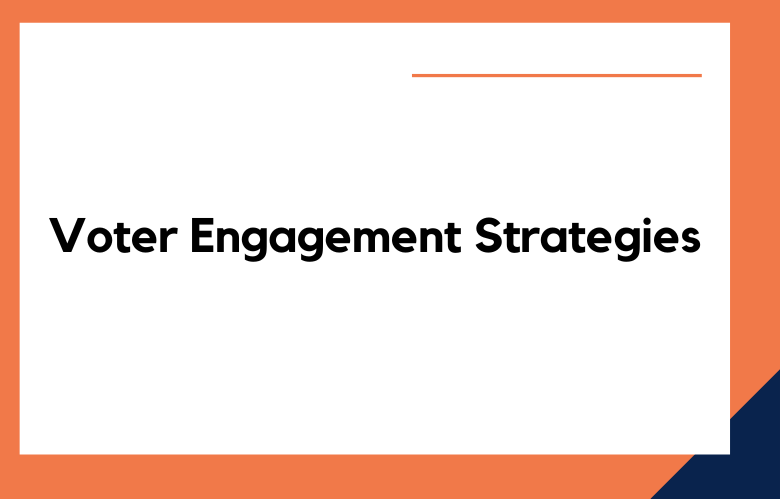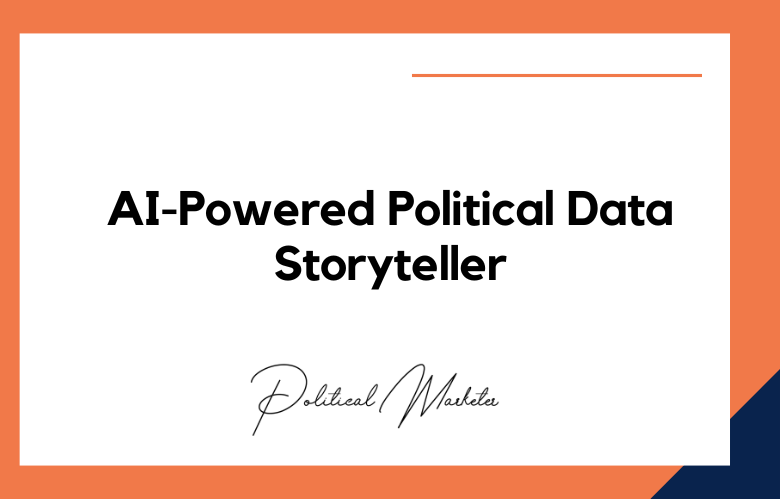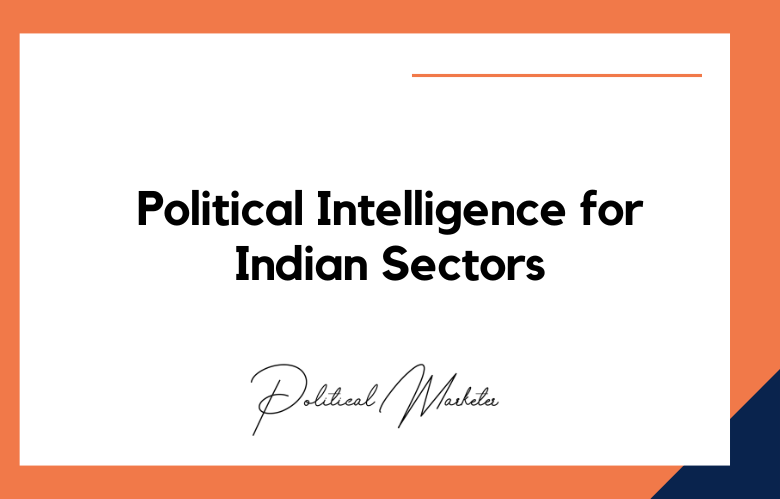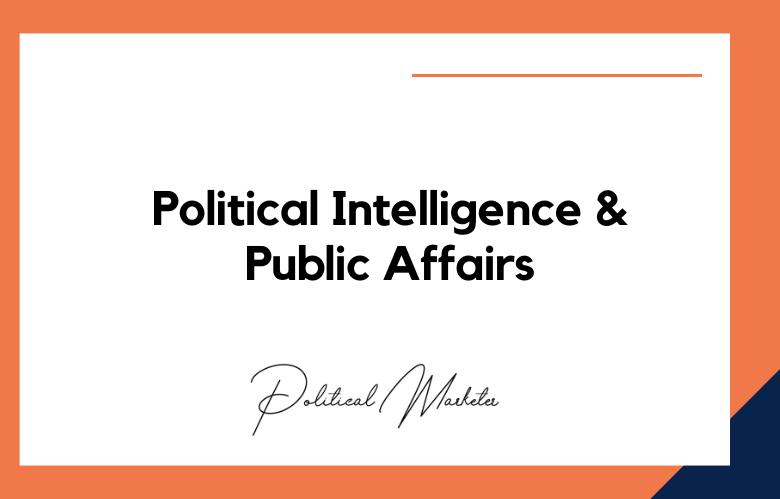The field of politics is undergoing a major digital transformation. From social media to online fundraising, technology is changing how we interact with politicians, and the candidates themselves seek to capture voters’ attention.
As technology continues to evolve, Artificial Intelligence (AI) is increasingly being used to drive engagement strategies that shape the future of elections. We’ll explore how AI is used to drive voter engagement strategies, the benefits of using AI in such campaigns, and the potential challenges that AI-driven voter engagement campaigns face.
Revolutionizing the Voting Experience: AI-Driven Strategies
The current voting system has been criticized for being outdated and vulnerable to manipulation. Various countries have recently explored integrating artificial intelligence (AI) technologies to revolutionize the voting experience.
One AI-driven strategy that has been gaining attention is using biometric identification systems. This involves using facial recognition or fingerprint scanning to identify voters accurately.
By doing so, it eliminates the possibility of identity theft, which is a common issue in traditional voting systems. Biometric identification systems can speed up voting, reducing waiting times and increasing voter turnout rates.
The Power of AI in Boosting Voter Engagement
The Power of AI in Boosting Voter Engagement cannot be overstated. With the help of machine learning algorithms and predictive analytics, political campaigns can now target potential voters who are more likely to be convinced to vote for their candidate, thereby increasing the efficacy of campaigning efforts. AI technology has become an integral part of modern campaigns, and for good reason.
AI algorithms can analyze large volumes of data from diverse sources such as social media platforms, polling data, and personal interactions with voters.
This allows campaigns to identify critical issues important to specific demographics, develop tailored messaging, and craft campaign strategies that appeal to these groups.
In turn, these targeted messages help campaigns engage with more voters, generate higher voter turnout, and ultimately have a higher chance of winning elections.
Democratizing Democracy: AI-Driven Voter Engagement Tactics
With advances in technology, the concept of democratizing democracy has become a reality. AI-driven voter engagement tactics have emerged as a powerful tool for increasing voter participation and engagement.
These tactics use machine learning to provide targeted voter outreach strategies and personalized messaging to potential voters. AI can help political campaigns and organizations reach voters who need to be included in the political process.
In addition to increasing voter engagement, AI technology can help combat disinformation and strengthen the integrity of the election process. Through AI-driven tools, election officials can quickly and accurately identify voter fraud or other irregularities.
Harnessing AI for Effective Voter Outreach
Harnessing AI for effective voter outreach is an innovative approach to revolutionizing political campaigns. Artificial intelligence (AI) can help political parties identify potential voters, personalize messaging, and streamline campaign operations, leading to higher voter turnout and improved election outcomes.
One of the key advantages of using AI in voter outreach is its ability to analyze vast amounts of data to determine which voters are most likely to support a particular candidate or party.
This includes analyzing voter demographics, voting histories, and social media activity to identify potential supporters. AI algorithms can then target these voters with tailored messages through various channels, including email, text, social media, and personalized videos.
Using AI to Transform Voter Engagement Strategies for a Better Future
Globally, election management bodies and political campaigns have invested more in technology-driven voter outreach strategies. Artificial Intelligence (AI) is increasingly being integrated into the mix. AI has the potential to collect, track, and analyze vast amounts of voter data for better engagement and outreach.
AI can help election management bodies and political campaigns design and implement more effective voter engagement strategies by understanding voter preferences, habits, and interests.
In this post, we’ll discuss how AI-driven voter engagement strategies shape elections and campaigns and why investing in AI-driven strategies can help create a better future for everyone.
The Ethical Considerations of AI-Driven Voter Engagement Strategies
While AI-driven voter engagement strategies offer many benefits, important ethical considerations must be considered. For example, privacy concerns arise when campaigns collect and use data from social media and other sources without voters’ knowledge or consent.
Moreover, there’s a risk that AI-driven targeting could exacerbate social divisions and contribute to polarization, as campaigns tailor messaging based on voters’ pre-existing beliefs rather than encouraging dialogue and understanding across different perspectives.
The Future of AI-Driven Voter Engagement Strategies
In the future, AI-driven voter engagement strategies will become even more sophisticated and effective. We may see more integration of AI into political campaigns and increased regulation to ensure that campaigns use these tools ethically and responsibly.
Ultimately, the impact of AI on politics will depend on how we choose to use it. By being mindful of the potential benefits and risks and maximizing the former while minimizing the latter, we can help ensure that AI drives positive change in the political landscape.
Cutting-Edge AI Techniques for Voter Mobilization
AI for Personalized Messaging
One of the most significant benefits of AI-driven voter engagement strategies is that they help personalize messages for individual voters.
AI algorithms can analyze data from various sources — such as social media, surveys, or demographics — to determine which issues are most important to individual voters. From there, campaigns can craft personalized messages catering to each voter’s interests and beliefs.
AI for Targeted Outreach
Another way AI is used to drive voter engagement is through targeted outreach. AI algorithms can analyze voter data to identify potential supporters and supporters who are most likely to vote and then develop targeted campaigns to reach out to these groups.
By targeting specific groups, campaigns can optimize their resources and ensure they focus on the individuals most likely to impact the election.
AI for Campaign Optimization
In addition to driving outreach and messaging, AI is also used to optimize campaigns. For example, AI algorithms can analyze voting patterns and identify areas where campaigns are particularly effective or ineffective. This information can adjust campaign strategies in real-time, ensuring campaigns are always as effective as possible.
Potential Challenges of AI-Driven Voter Engagement Strategies
While there are many benefits to AI-driven voter engagement strategies, there are also potential challenges to consider. One of the most common concerns is that such campaigns could be used to manipulate voters. Critics worry that highly targeted messaging and outreach could be used to mislead or deceive voters, making it harder for them to make informed decisions.
Conclusion:
Overall, AI-driven voter engagement strategies significantly shift how campaigns are conducted. By leveraging the power of AI, campaigns can craft personalized messages, reach out to specific groups, and optimize their efforts in real-time.
However, as with any new technology, potential challenges must be addressed. By carefully considering these challenges and working to mitigate them, we can ensure that AI-driven voter engagement strategies are used to support, rather than undermine, democratic values.
Call: +91 9848321284
Email: [email protected]











